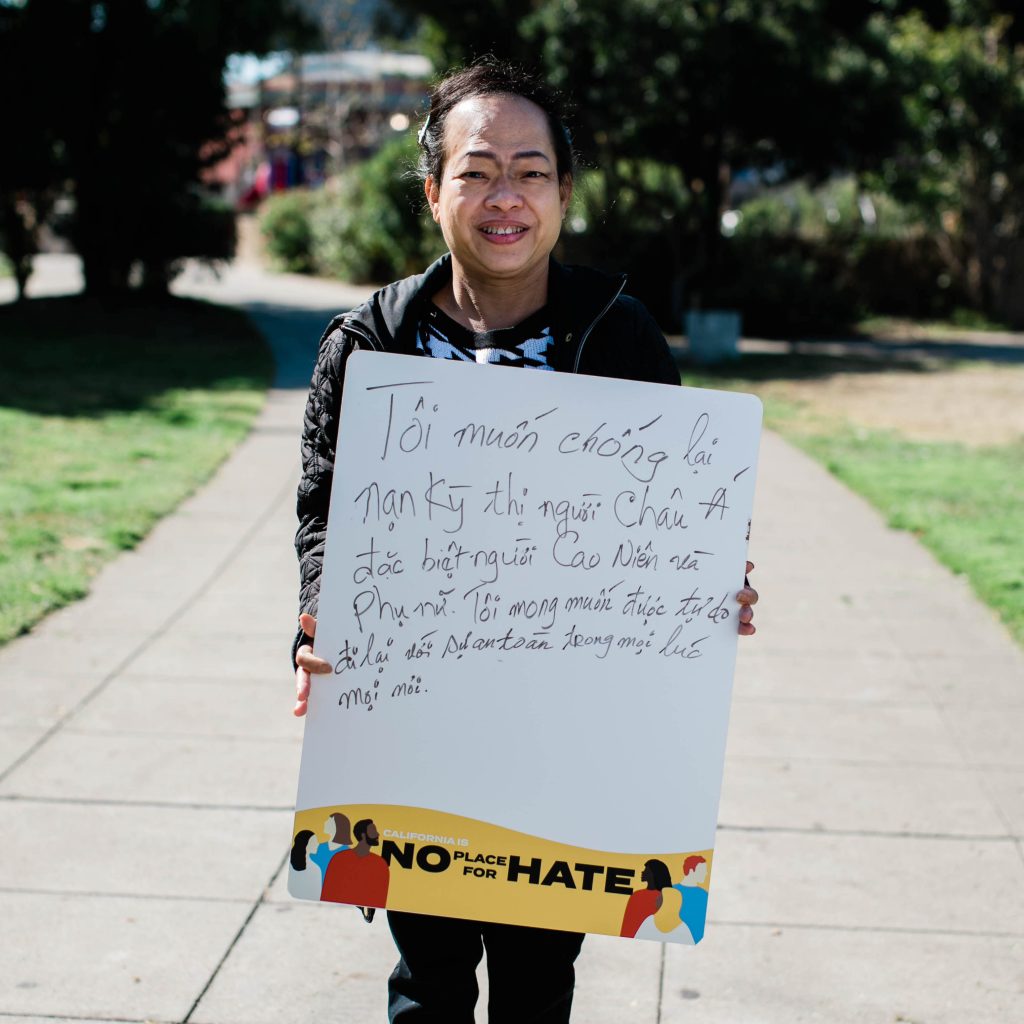Stop AAPI Hate operates the nation’s largest reporting center tracking acts of hate against Asian American and Pacific Islander (AAPI) communities. With the support of respondents across the U.S. we have documented thousands of cases of anti-Asian and anti-Pacific Islander hate — ranging from verbal harassment to physical assault to discriminatory treatment at schools and businesses — allowing us to paint a vivid picture of racism and its effect on our communities.
If you have experienced a racist act, or witnessed a racist act, please take five minutes to fill out our safe and confidential reporting form, available in 15 languages.

About Our Reporting Center
Who can report an act of hate?
Anyone can submit a report. If you have experienced an act of hate targeting Asian American or Pacific Islander communities, or have witnessed one, you are welcome to fill out our reporting form — whether or not you self-identify as Asian American or Pacific Islander. Our reporting form is available in 15 AAPI languages — making it possible for people of all backgrounds and language proficiencies to share their experiences with us.
Stop AAPI Hate is a monitoring and reporting center and we do not respond to individual hate act reports. Our aim is to collect reports to understand and respond collectively to what is happening in our communities. This supports our advocacy efforts on local, regional, and national levels. If you need immediate assistance, please dial 911.
Please see our Resources page for more information on responding to racial trauma, mental health resources, and information about your right to be free from discrimination in housing, workplaces, schools, businesses, healthcare settings, and public spaces.
What is a hate act (or act of hate)?
A hate act includes words or actions motivated by bias against one or more personal characteristics including race, gender, or sexual orientation. Stop AAPI Hate reports on acts of racial or ethnic bias including but not limited to verbal harassment, workplace discrimination, school bullying, physical assault, vandalism, unfair treatment as a customer, or racist media content
A fraction of hate acts are hate crimes — or bias-motivated criminal offenses. However, our reporting center documents all hate acts and not just those that would be investigated as hate crimes.
How will my information be used?
Our reporting form is safe, anonymous, and confidential. We will never share your personal information with external stakeholders without your explicit permission.
Hate reports give us a better understanding of anti-Asian and anti-Pacific Islander racism — including what it looks like, where it happens, who is targeted, and how it affects different communities. You can check out our new visualization tool to see our data in action.
We will never share your personally identifiable information, such as name, phone number, or email address. Additionally, we will never share detailed information about individual reports externally, with the exception of anonymized anecdotes where you have given us explicit consent to share your story.
After you report a hate act, Stop AAPI Hate’s team reviews and categorizes it to identify community patterns in experiencing hate. We then share an anonymized summary of all acts reported to us in our data reports and visualizations. We accompany these data summaries with anonymized anecdotes where consent has been given.
Learn More

Shades of Hate Report
There are many variations of passages of Lorem Ipsum available, but the majority have suffered alteration in some form, by injected humour, or randomised words which don’t look even slightly believable.

Reporting Center Data
There are many variations of passages of Lorem Ipsum available, but the majority have suffered alteration in some form, by injected humour, or randomised words which don’t look even slightly believable.
Guided by our commitment to community-based research, we also share anonymized summaries of hate acts when requested by community-based organizations, academic researchers, and other stakeholders.

